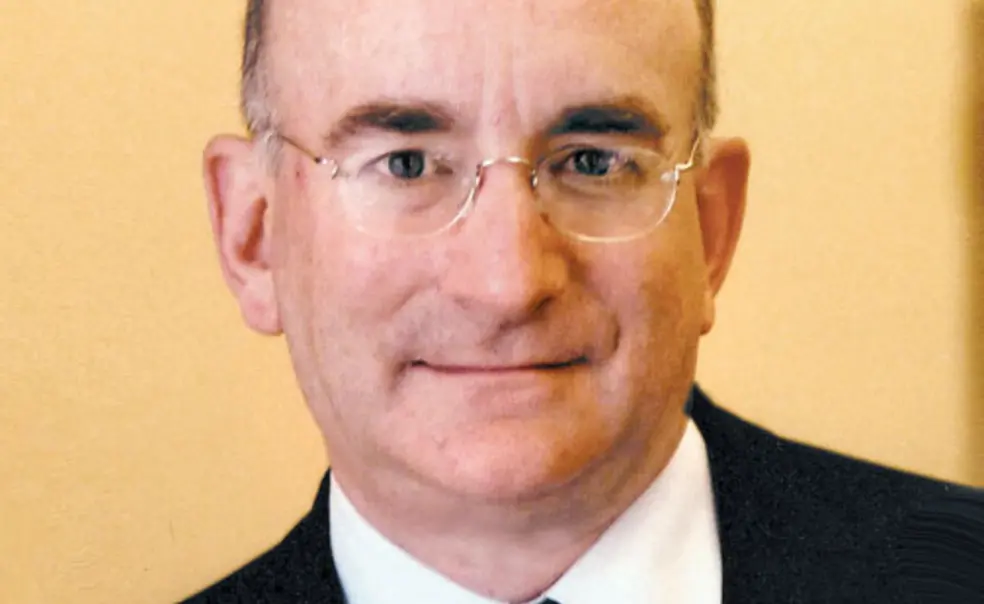A moment with ... Alan Brinkley '71
From failing banks to rising unemployment, there are striking similarities between the events that led to the Great Depression and the economic slump in which the country finds itself today. Alan Brinkley ’71 has written several books on the New Deal era, including Voices of Protest: Huey Long, Father Coughlin, and the Great Depression (Knopf), which won the National Book Award in 1983. Brinkley, who is finishing a term as provost of Columbia University, took a look forward to challenges facing President Obama and backward to the Depression and the New Deal when he spoke with PAW in early February.
To what extent is the current economic situation analogous to what the country went through in the Great Depression?
There are some important similarities, but there are also big differences. The precipitant of the Great Depression was the stock-market crash of 1929, and one of its significant causes was the reckless credit mechanisms that investors had been encouraged to take advantage of, very much like the reckless mortgage instruments that helped create the crisis we are facing now. But the more important causes of the Depression were mistakes by the Federal Reserve during the early 1930s, in raising interest rates rather than lowering them, and a number of measures launched by the New Deal that turned out to be deflationary and that retarded recovery. Those are not mistakes we’ve made this time.
You have written that the New Deal was least effective when it was least aggressive. Is the president on the right course?
Speaking as I am to the alumni of Paul Krugman’s university, I’m reluctant to be too certain of what to say about the current economic policy. Certainly, President Obama is trying to be aggressive in trying to deal with the crisis. What is still missing is a clear picture of what the bailout strategy for banks is going to be. If the financial institutions can’t function, the economy is going to be stalled no matter what else we do. ... I don’t think that the tax cuts are going to help very much, and I don’t think enough of the stimulus is designed to get money into circulation quickly or to the people who need help the most.
Is the Obama plan similar to the New Deal measures of FDR?
Among the accomplishments that made the New Deal so important were things that didn’t have an immediate impact on the economy but that had a long-term impact on the quality of life of Americans — for example, the Social Security Act, which wasn’t passed until 1935 and wasn’t paying out benefits until the late ’30s. There was also the Wagner Act of 1935; the Fair Labor Standards Act of 1938, which created the minimum wage; and others. In the Obama package, I don’t see really important long-term benefits, but that is not surprising; they will require more time.
Will liberals be disappointed with Obama?
Liberals are always disappointed. But there’s a long way to go before we can really make a determination of what kind of liberal he will be. Obama never has really claimed to be a traditional liberal. He has always claimed to be a bipartisan, consensual figure, and no one should be surprised that he is trying to build a coalition that goes beyond liberal Democrats. So far, bipartisan, consensual strategies have not worked out so well for Obama. The Republicans are as partisan as ever.
All incoming administrations, it seems, are measured against FDR’s dynamic first 100 days in office. Does that comparison create unrealistic expectations?
Important things are going to happen in these first 100 days. Whether they are the right things remains to be seen. If you look at Roosevelt’s first 100 days, a lot of bills were passed, but about half of them did more harm than good.
A few days before the inauguration, Newsweek asked several historians to recommend books that Obama should read. You recommended the memoirs of George Kennan ’25. Why?
One of the biggest challenges that Obama has inherited is the wars in Afghanistan and Iraq. Iraq seems to be stabilizing, at least for now, but Afghanistan is a really difficult problem for him, and I’m concerned about the enthusiasm that many people around the administration seem to have for escalating that war. I understand the importance of Afghanistan to the effort to deal with terrorism, but on the other hand the likelihood of catastrophe is very high. I admire Kennan’s memoirs and recommended them because they explain Kennan’s view of containment, which was meant to contain the Soviet Union but was also meant to contain American intervention in the world. Kennan’s view was that the United States should only intervene when it is strategically necessary, and that the nation must make choices about what parts of the world are worth defending. There was a real restraint built into Kennan’s view of containment that did not survive for very long. I think Kennan’s paradigm of containment would be worth revisiting.
Interview conducted and condensed by Mark F. Bernstein ’83













No responses yet